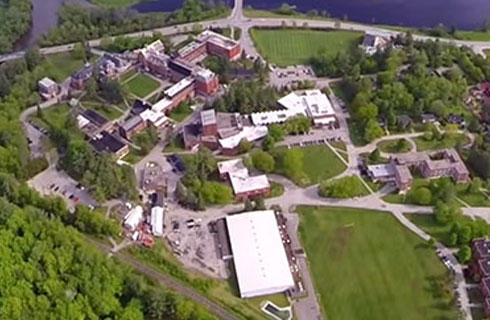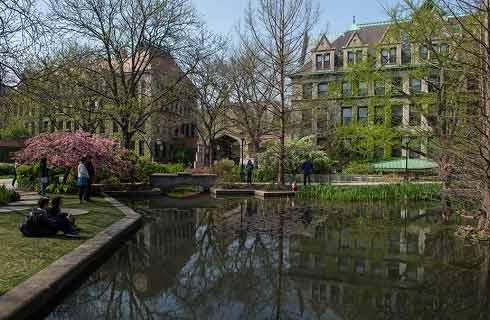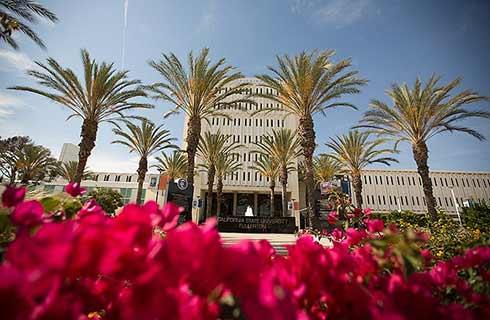Doctor of Philosophy in Agricultural Economics

学历文凭
Ph.D.

专业院系
Economics

开学时间

课程时长

课程学费

国际学生入学条件
GPA score. The average GPA score into our Ph.D. program is around 3.4, but it varies depending on the coursework the applicant did in undergrad (for instance, we understand that your GPA can be lower than 3.4 if you took several math or Master-level courses).
MS degree. A Master degree is not required for acceptance. However, many of our recently accepted applicants had a Master degree in Economics, Agricultural Economics, Finance, Engineering, or related fields. Other students start the Ph.D. program right after finishing their undergraduate education, but in those cases students have a strong GPA and took several Math courses in undergrad. Besides the overall GPA, we also look for a good performance in specific courses, such as Master’s Microeconomics, Master’s Macroeconomics, and Master’s Statistics/Econometrics. We also expect applicants to have taken at least two semesters of calculus, and Intermediate-level linear algebra or Mathematics for economists during their undergraduate or MS degrees.
GRE exam. We do not have a minimum GRE score. However, the average GRE score in the quantitative section (the most important section for our application process) is around the 75th percentile (157 points), but most funded students are above the 80-85th percentile (about 159 points or above). If you took your GRE exam in the last 1-2 years, please contact us to check if you should include a more recent score in your application.
IDP—雅思考试联合主办方

雅思考试总分
7.0
- 雅思总分:7
- 托福网考总分:80
- 托福笔试总分:560
- 其他语言考试:MELAB: 77
CRICOS代码:
申请截止日期: 请与IDP联系 以获取详细信息。
课程简介
相关申请
 预科
预科 奖学金
奖学金 实习机会
实习机会 在校学习
在校学习 跨境学习
跨境学习 校园授课-线上开始
校园授课-线上开始 在线/远程学习
在线/远程学习
学校排名

世界排名301
数据源:
泰晤士高等教育世界大学排名
本校相关课程

学术英语(1个学期)
学历文凭
English
开学日期
课程费用总额


学术英语(2学期)
学历文凭
English
开学日期
课程费用总额


学术英语(3个学期)
学历文凭
English
开学日期
课程费用总额


International Year One in Agricultural Sciences (1 Semester)
学历文凭
Foundation for Undergraduate
开学日期
课程费用总额


International Year One in Agricultural Sciences (2 Semester)
学历文凭
Foundation for Undergraduate
开学日期
课程费用总额


International Year One in Architecture (1 Semester)
学历文凭
Foundation for Undergraduate
开学日期
课程费用总额

其他相关课程

农业科学硕士
 达尔豪斯大学
达尔豪斯大学学历文凭
Masters Degree
开学日期
课程费用总额


农业技术文凭
 菲莎河谷大学
菲莎河谷大学学历文凭
Bachelor Degree
开学日期
课程费用总额


土壤科学理学硕士
 曼尼托巴大学
曼尼托巴大学学历文凭
Masters Degree
开学日期
课程费用总额


农业综合企业和农业经济学理学硕士
 曼尼托巴大学
曼尼托巴大学学历文凭
Masters Degree
开学日期
课程费用总额


农业文凭
 曼尼托巴大学
曼尼托巴大学学历文凭
Bachelor Degree
开学日期
课程费用总额


农业科学学士-农学
 曼尼托巴大学
曼尼托巴大学学历文凭
Bachelor Degree
开学日期
课程费用总额









 美国
美国
